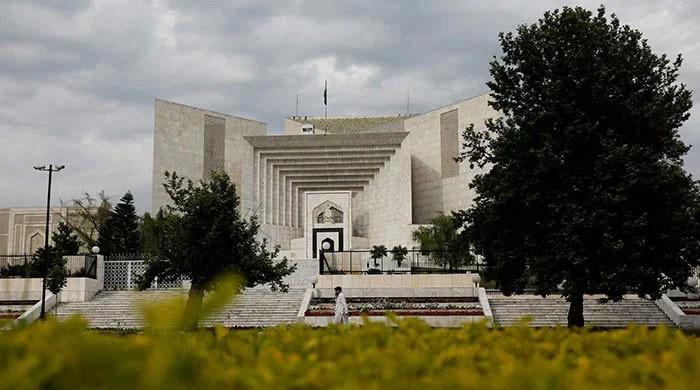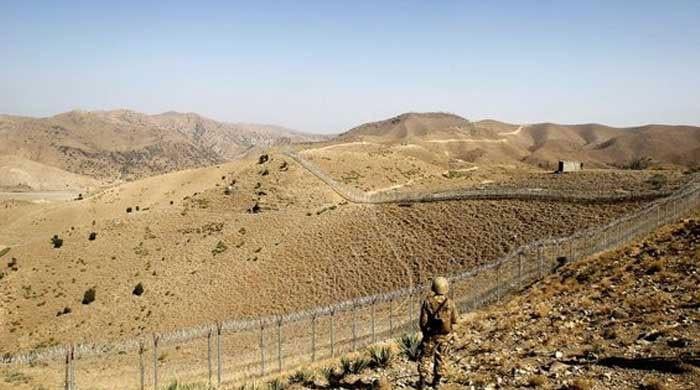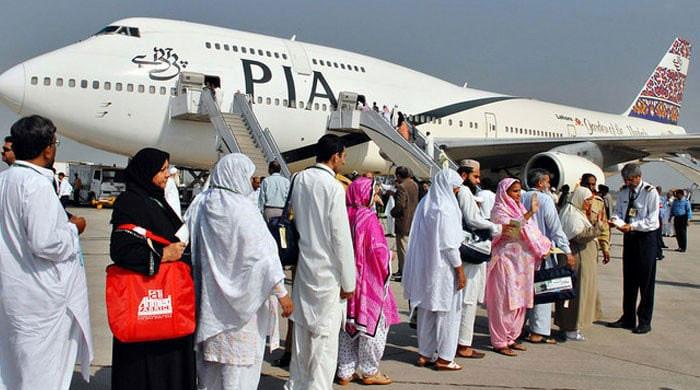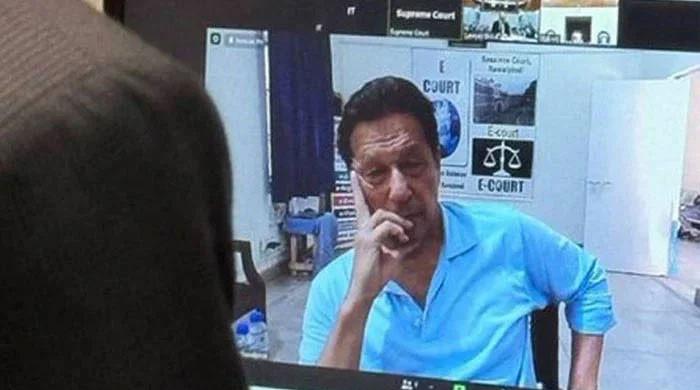ECC suggests abolishing duty on items prone to smuggling
Government had resorted to duties on imports to reduce current account deficit, ease pressure on balance of payment
June 26, 2020
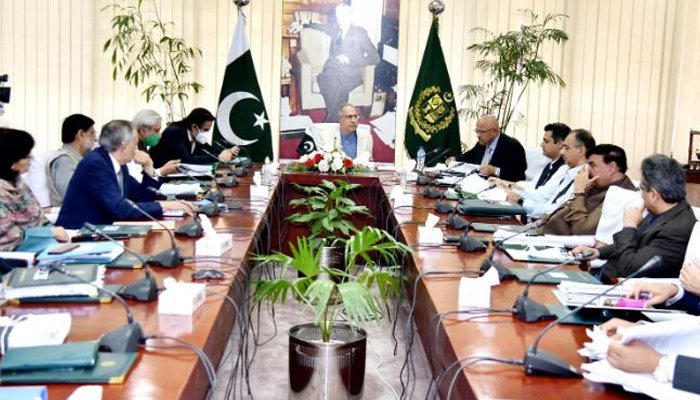
ISLAMABAD: The Economic Coordination Committee has recommended abolishing regulatory duties on items that are prone to smuggling and revised the framework for agreements related to private hydropower projects.
The Economic Coordination Committee (ECC) of the cabinet took the decisions during a meeting presided over by Adviser to the Prime Minister on Finance and Revenue Hafeez Shaikh.
The ECC decided in favour of removal/reduction of regulatory duty on the smuggling-prone items, including fabric, sanitary ware, LED/TVs, padlocks, blanket and electorodes.
The government resorted to imposing regulatory duties on imports to reduce current account deficit and ease pressure on the balance of payment position. The current account deficit narrowed 74% to $3.3 billion during the first 11 months of the current fiscal year as imports fell by 19% year-over-year in the July-May period. In May, the current account recorded a surplus of $13 million, largely driven by a year-on-year decline in imports that fell 36% to $2.8 billion in May due to lockdown related to coronavirus pandemic.
Smuggled goods happen to meet more than half of the consumer demand for petroleum, tea, mobile phones, auto parts, and other major products in the country, upending government’s revenue collection efforts and keeping industrial investments at bay, a trade body’s report said last year.
The ECC also approved revised standard security package documents such as implementation agreements, government guarantee, power purchase agreement, and water use agreement under Policy for Power Generation Projects 2002 for the hydropower projects in the private sector.
In June last, share of hydropower generation in energy mix increased 1.4 percentage points year-on-year to 29.2%. Pakistan, so far, has only 5% of its total generation from renewable power -mainly from wind, a bit from solar and from bagasse as captive power plants at sugar mills. The government has decided to move to a renewable energy-reliant economy by 2030 in which hydropower will be the backbone. To keep pace with the demands of a growing economy, this would require the development of an additional generation capacity of 20 GW of hydropower, wind and solar.
The ECC took up five proposals for technical supplementary grants (TSG) and approved them all, including Rs4.313 billion TSG for employee-related expenditure by the interior division, Rs900 million TSG for adjusting pays and allowances of the employees of National Commission for Human Development, Rs52.70 million TSG for necessary expenditure by the revenue division, Rs39.22 million TSG for the necessary expenditure by the Pakistan Rangers and Rs18.53 million TSG for the Islamabad administration for taking measures to control and fight the COVID-19 pandemic in the federal capital.
Originally published in The News




